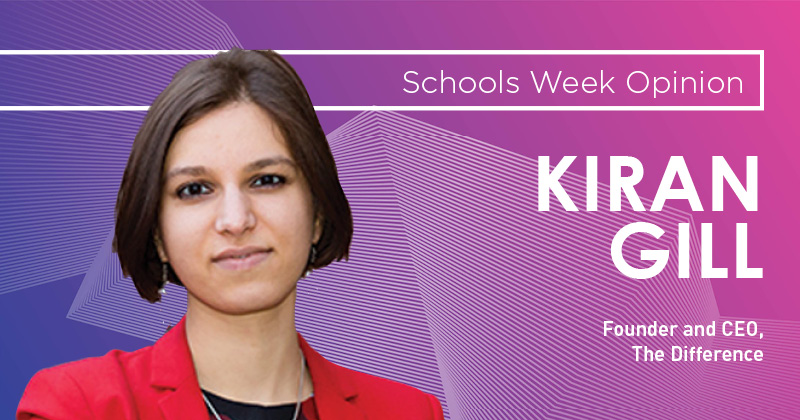Val Gillies spent three years researching in-school alternative provision. We asked her what the best examples looked like
To be honest, I’m more than a little hesitant about endorsing any in-school alternative provision. I think it’s an indictment of the current system that segregated education is now considered normal and necessary. What ever happened to the ideal of comprehensive education?
Having spent three years researching the experiences of young people that end up in in-school alternative provision units, it seem clear to me that mainstream classrooms are not designed to meet the needs of a sizeable proportion of children and young people, especially the most disadvantaged.

We can treat this as a fact of life and discuss how best to segregate those who are struggling, or we can acknowledge that something is not working, if this is what we have to resort to.
The fact that the UK has some of the lowest rates of literacy in the developed world might offer a clue as to what is going wrong. The best way government can address this is to relax the high-pressure accountability culture focused almost uniquely on exam results, and properly fund our education system. This would help retain good, experienced teachers and provide sufficient numbers of qualified support staff to address the issues underlying challenging behaviour.
But for schools right now a narrow, unforgiving education agenda is a fact of life and has been for some time.
Prevailing standards agendas and performativity cultures produce pressurized, inflexible institutions that can be experienced as hostile by children and young people who are struggling for whatever reason.
There are instances where young people’s best interests can be advanced by a short period away from the mainstream classroom. Nurture groups, for example, can help those experiencing a difficult transition to or from primary school, although I’m less than convinced by the dependence on attachment as an underpinning theoretical model.
More specifically, many of the young people in my research would have benefited from regular contact with a skilled teacher experienced in working with challenging behaviour and a (part-time) space within a mainstream school that would allow them the opportunity to build good quality relationships with staff and catch up academically. This more dedicated pastoral support would mean social and educational factors that often contextualise difficult behaviour (unmet SEN, poverty, bereavement, etc) are at least better understood and addressed.
It is not in any student’s interest to be deemed “not ready to learn”
Many mainstream teachers have no idea what anxieties and adversities students are managing and no time to find out. And more significantly, this space could help to ensure that young people’s basic needs are being met, from learning support to getting enough to eat. Sometimes students just need a member of staff that they can trust to be on their side and advocate for them when relationships with classroom teachers are deteriorating. Some of the young people in my research felt persecuted by mainstream teachers, for example.
Conversely, it is not in any student’s interest to be deemed “not ready to learn” and siphoned off into a cabin at the other end of the playground to work on their social and emotional skills for months on end. I’m really concerned by the conditionality this places on education. All children are ready to learn. Surely the onus should be on schools to be ready to teach them.
More importantly, when units are set up apart from the mainstream school, it encourages hard-pressed teachers to view demanding students as belonging somewhere else. The gap between the unit and the classroom becomes ever more difficult to bridge as time passes, with some young people ending up marooned for years with inadequate educational support and no realistic route back in to mainstream education.
If we accept the need for alternative provision as inevitable and uncontroversial, we risk this situation becoming the norm.
Val Gillies is professor of social policy and criminology at the University of Westminster







Your thoughts